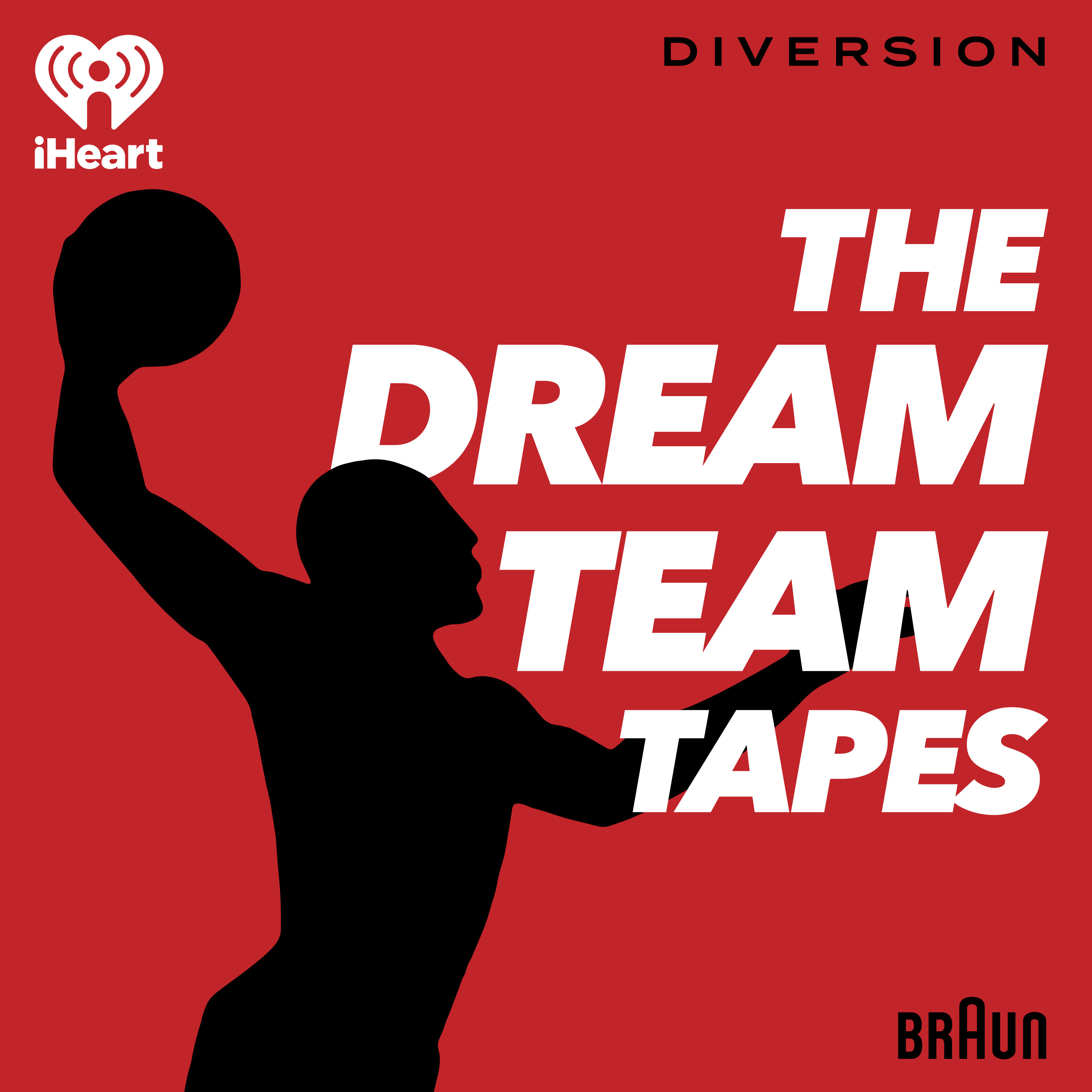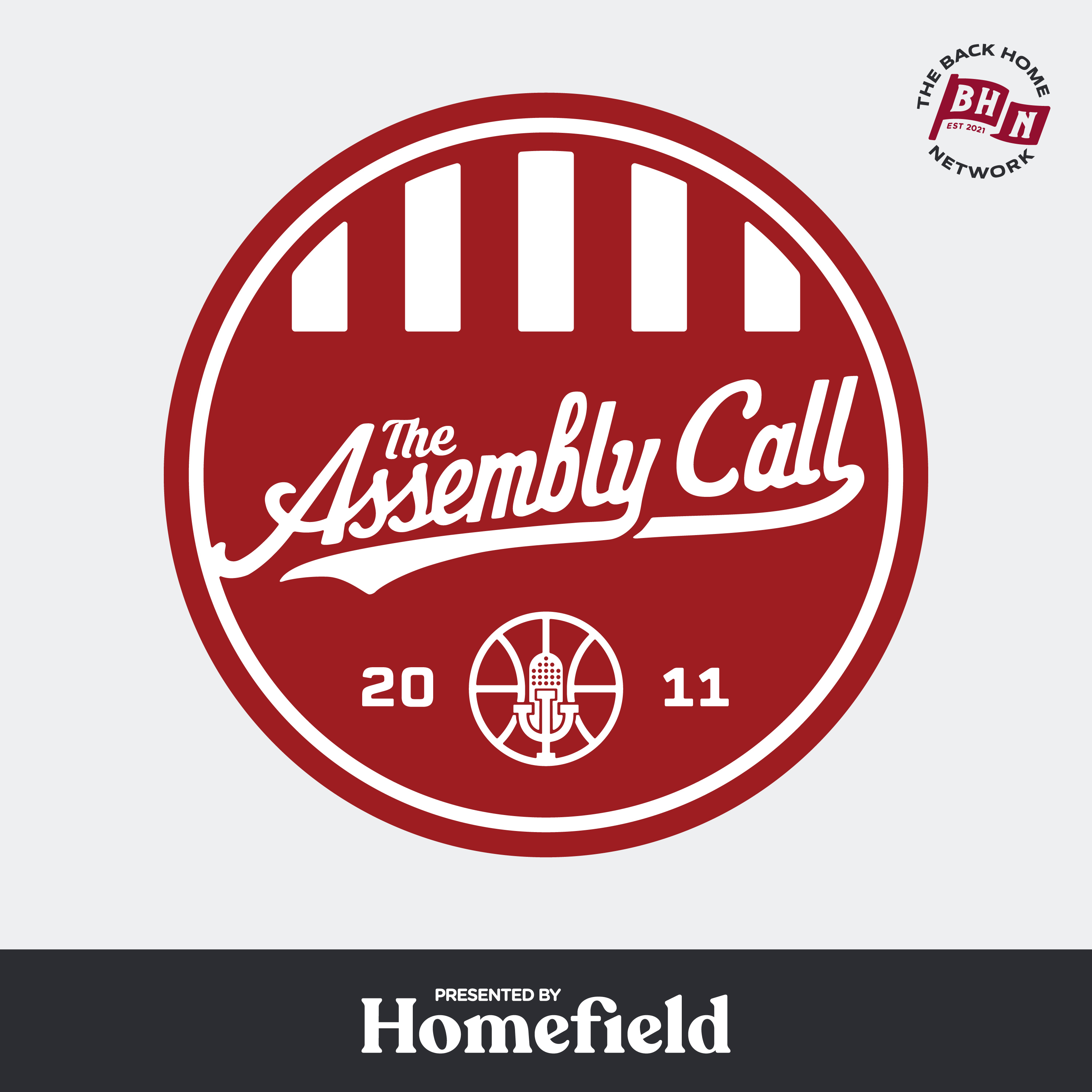Iconic Seasons | Hardwood History
Iconic Seasons is a podcast that takes you back to the greatest college basketball seasons of all time. Through the voices of players, coaches, and journalists, we relive the excitement, the drama, and the unforgettable moments that made these moments and seasons iconic.
We use interviews, audio from the games, as well as scripted storytelling, to bring the past to life.
Whether you're a die-hard college basketball fan or just a casual observer, Iconic Seasons is a must-listen for anyone who loves basketball and basketball culture.
Iconic Seasons | Hardwood History
From Dynasty to Disaster: Why Young NBA Teams Fail (OKC Thunder Warning)
This episode of "Iconic Seasons" explores a haunting parallel between basketball dynasties separated by nearly 50 years. Host Aaron Meyer examines whether the young Oklahoma City Thunder can avoid the fate of the 1977 Portland Trail Blazers - a championship team that had everything but completely collapsed within three years.
The Portland Trail Blazers were a phenomenon - selling out 102 consecutive games with fans so obsessed that season tickets appeared in personal ads. Led by Bill Walton and Maurice Lucas, they seemed destined for dynasty status. But everything unraveled after Walton's ankle injury in February 1978, revealing a culture of medical mismanagement, financial disputes, and eroding trust. Players received multiple injections per game, played through undiagnosed fractures, and felt chronically underpaid. When Walton demanded a trade citing "unethical and incompetent treatment," the dynasty crumbled - only three of the 12 championship players remained after three years.
Now the Thunder face similar pressures with their core trio locked into $822 million in contracts. At an average age of just 24.7, they have all the ingredients Portland had: youth, talent, chemistry, and financial security. But Meyer warns of danger signs to watch: rushed injury management, contract disputes with role players, the "disease of more" where individual ambition overtakes team goals, and leadership conflicts.
The modern NBA offers protections Portland lacked - salary caps, better medical protocols, and player development infrastructure. But new pressures exist too: social media scrutiny, agent manipulation, and global market opportunities that could fragment the team.
The central question remains: Can Oklahoma City learn from Portland's mistakes and build a sustainable dynasty, or will success breed the same individual ambitions that destroyed the Trail Blazers? As Meyer concludes, "The hardest opponent isn't the other team. It's in the mirror.
Did you know we are one of the Top 30 Collage Podcasts in the World!
https://podcast.feedspot.com/college_basketball_podcasts/?feedid=5529823&_src=f1_featured_email
Support the Pod or Binge the Entire Season Now!
Connect on Social
Welcome back to Iconic Seasons. I'm your host Aaron Meyer, and today we're diving into hardwood history. To answer the most haunting question in basketball, . Can lightning strike twice without thunder? The 1977 Portland Trailblazers had absolutely everything.
As we've reviewed in the last few episodes. They had youth talent chemistry, an iconic later Hall of Fame coach, and within the shortest period of time, it was all gone, just scattered in the wind, like ashes from a fire that burned bright and fast. Nearly 50 years later, we're looking back at this young team, the Thunder, and they're looking into their future.
Their average age this year was only 24.7 years old. So impossibly young, they've got their big three signed to those $822 million worth of, , contracts. So the question haunting Oklahoma City isn't whether they can win a championship 'cause they just did. And it's whether they can survive another season with the target on their back.
1977 Portland. Again, it's hard to even imagine the intensity of the fandom.
They were obsessed with the the team. Let's picture this number, 12,066. That's how many seats the coliseum held where they played. They sold out 102 consecutive games. But here's where the obsession was a little bit different. There were some marriages that hung in the balance over who got a family season ticket for big games in the counterculture newspaper, the Willamette Week personal ads ran were lonely hearts listed.
Trailblazer season tickets alongside the romantic qualifications.
This wasn't fandom. This was a civic religion.
We've talked a little bit about Bill Walton and his importance to that championship team, but let's go back and think about him and compare him to Chet Holmgren and the injuries that he suffered. To watch out for these future iterations of the thunder and whether Chet can become the fulcrum that Walton was for just the briefest of moments or whether he could fade into obscurity and end up on a different team,
let's start back at the beginning and go through this one more time. Thinking about the things that pulled them apart and the things that made them special. You had Bill Walton orchestrating from the center. Maurice Lucas enforcing the paint championship felt almost inevitable with the synergy they had.
Red Auerbach, the legendary Celtics coach and executive talked to Portland's general manager after they won the title. And his exact words were something like, watch out now your troubles begin. They'll think they're all stars now.
Okay. Let's talk a little bit more about Walton's injuries. I think there are some parallels, not just with the thunder, who seem to have managed Holmgren's injuries well so far, but as they mount, could that be a source of fracturing? I know with Kauai Leonard. He seemed to be a San Antonio spur forever until he wasn't, and his injury troubles have followed him wherever he is gone since, even though he won a championship with the Raptors later, it'll be something to think about.
The collapse really starts with a single ankle roll for Walton, February 28th, 1978, against Philadelphia. No less. The injury wasn't a disease. It was a symptom of something darker that began to eat at the organization. The Portland medical staff had created a culture of what you may call recklessness, .
Players routinely received multiple injections in single games. Bob Gross, , that reliable small forward, got three injections in one game alone. He played two weeks with an undiagnosed stress fracture because he couldn't feel his foot.
The players also had anti-inflammatory medication that was in cabinets and eaten like candy. We know now that. Some of these types of things can degenerate and break down tendons and musculature and reduce the hypertrophy that you need to build yourself up, and they just maybe didn't know it at the time or knew it and worse ignored it.
Walton's Breaking point came when his closest friend, the team Dr. Robert Cook and Trainer Robert Culp, injected him with painkillers before a crucial playoff game. When the x-rays revealed a broken navicular bone, Walton felt more than physical pain. He felt betrayed. On August 1st, 1978.
In a secret meeting in Chicago, bill Walton demanded an immediate trade. His exact words were unethical and incompetent treatment. This hasn't happened to Holmgren yet, but. He's had a series of injuries already. Maybe they've used the past to help them navigate these, but will there be a point where they don't have so much in the cupboard like they do now where they need him in a crucial moment and they have to make the decision whether to push or whether to let go, and will that be a chance and an opportunity for another team to take them down?
But that wasn't the end of the medical mismanagement. In fact, it was just the beginning.
Owner, Larry Weinberg ran the team like a cost center. The championship players were underpaid.
When you get something like this in your mind as a player, I can imagine how it eats at you every day. The locker room, oftentimes players talk about what they miss the most after they stop playing, and a lot of 'em cite the locker room where the comradery with their teammates. But if in the background you feel like your teammate is being compensated,
but if in the background you feel like your, your teammate's being compensated unfairly or at a level that they don't deserve, it can really start to fracture things behind the scenes. And even though you may day to day treat each other pretty in a pretty similar way. Over the course of a season or years, you can certainly see how that magic that you need to be floating in the background could erode.
So even if face to face, you act pretty much the same, the unconscious moments that almost telepathy that they had was certainly beginning to disappear
When Bill announced he was leaving, he stuck a knife into the team. He said before the injury I was 50 and 10. Not, we were not that comradery. He said I was. The timeline of the collapse was brutal. The team had started 50 and 10 in the 77, 78 season, and then they went eight and 14 without the injured Walton losing in the conference semifinals.
Walton set out the entire next season in protest and then left as a free agent. By February, 1980, Lucas and Hollands were traded on the same day of the 12 players who won that championship, only three remained in three years. That's all it took to destroy what looked like a dynasty.
All right, let's fast forward to Oklahoma City. You've got Shea just signed for $285 million. Jaylen Williams locked up for $287 million and Holmgren just barely 22 years old. A quarter million. A quarter billion dollars extension. They don't have the same financial pressure. Certainly I think that those guys could feel pretty secure for the rest of their lives,
but there is that element. People look at you differently. They treat you differently. You are different. The question isn't whether the money will change them. It's whether they can change together in the same direction they felt. Like they've been rowing together in the same boat for a long time. I watched some of those post-game press conferences in preparation for this.
And the, again, comradery, the magic behind the scenes is what seems to be unifying them and making this team special. Sam Presti, the Thunders architect, certainly seems to have learned from some of Portland's mistakes.
Be patient. Be character driven culture first, but he's operating in this different world in Portland's area. There was no salary cap, no luxury tax, no player empowerment. Those things were just beginning to break through the surface
Owners like Weinberg didn't wanna pay players, they had limited options. Today's players have agents, social media, and the power to demand traits publicly and their money's guaranteed if things go bad. Are we sure that none of those guys would ask out? You say that until someone does. The
commissioner of the NBA thinks that some of it has to do with social media pressure. 32 billion NBA social media videos are annually uploaded. Every move is dissected immediately. Every contract is compared instantly. There's a, one of my favorite podcasts of the year is the worst contracts in the NBA where they draft who the worst ones are with Bradley Beal being one of them perpetually.
And now maybe one of the better contracts now that he got bought out.
Here's the parallel that could terrify Thunder fans and something to think about as we go into the next seasons. You may remember Dennis Johnson in Seattle Championship Finals MVP. He signed a $400,000 a year contract. Huge money in 1979, but he was already dissatisfied. Why? Because teammate Gus Williams was about to get 700,000 Johnson figured he had asked for and received too little
this may not happen with the thunder because they seem to have lined up those contracts, but you never know. What are the dynamics in the locker room? One thing I wonder about is the Jalen Williams of it all. He seems to be. Satisfied with being the second banana, but will he be satisfied if Che emerges and he drops to the third spot?
Will Chet be satisfied if he's continued to relegate to the third spot? A bit of the Chris Bosch conundrum in Miami, he seemed to accept that role. He had been a first team all NBA guy, and then was okay being the third best P player on those heat teams. It takes a certain personality to be able to relegate themselves for the betterment of the team, and not every player has that in them.
That's what I want to get into next. The personalities under pressure.
Shea Gild, just Alexander reminds me of Maurice Lucas in some ways natural leaders adv. He advocates for his teammates. Where Lucas felt perpetually undervalued and underpaid. SGA approaches his leadership differently. Let's listen to him talk again about building something special.
That wasn't something that you heard from Portland Stars after they got their championship. They wanted the individual recognition, the compensation, the credit. SGA seems to understand that his leadership has to evolve as the money grows at $285 million. You can't be one of the guys anymore. Everyone's looking at you differently, expecting different things.
And then there's Williams. He's embracing a supporting role to SGA stardom. That sounds like Portland's championship year, where everyone sacrificed every individual stat for team success. But will Williams continue to do this after getting the generational wealth? It's a different kind of sacrifice.
The test will come when Williams realizes he's better than his current role, when he starts wondering why SGA gets more shots, more recognition, all the endorsement deals. That's what happened in Portland. The championship was built on sacrifice, but success bred individual ambition. And then of course there's holmgren.
Here's where the Portland parallel gets scary.
Holmgren is the Bill Walton of this team. The unique talent whose injury concerns create organizational anxiety. He's missed a significant time with hip fractures and a variety of other injuries. He's seven feet tall and sometimes rumored to be 195 pounds in Portland, Walton's injuries became the excuse for medical malpractice. The team pushed him to play hurt, fed him painkillers, destroyed his trust in the organization. How will Oklahoma City handle Chet's next injury? Because there will be a next injury. The way they handle it will determine whether they keep their franchise player or lose him to betrayal, just like Portland lost Walton.
They've handled it perfectly so far, but again, the injuries seem to have been at times where they could ride the storm. So that comes in the middle of the season with the hip fracture and they're able to sustain without him. And they've got other players that back him, back him up. But they won't always, with the amount of money they're, they're paying these guys.
He will become. More ascendant and more necessary as time goes on and may have to play through something to get them over the hump.
What should Thunder Fans watch for? What are the warning signs? What are the blinking red lights that they seem to ignore or never saw coming first, the injury management becoming rushed or pressured. Portland's medical staff prioritize short-term performance over long-term health. The thunder have to continue to manage the players' injuries to avoid pushing injured players to return early.
Second contract negotiations for lesser players. They're gonna have to decide, they're gonna have to be able to read the locker room to see which of the secondary players around the core three really are the glue that hold things together. This is the Boston Celtics trading Mark Smart, or any variety of players.
On championship teams, Portland refused to renegotiate with some of the players and just let that eat away at the magic that unified all of them. Maurice Lucas especially felt disrespected every day. That frustration festered until it began to poison things.
Third, of course, is the disease of more. This is the classic Pat Riley is, or success breeds individual ambition. When Seattle owner, Sam Schulman finally won his championship, you know what he did? At the Victory Party. At the Victory Party, he told Paul Silas his salary would be cut in half the following year.
Silas was 36 years old, 15 years in the league, considered the ultimate team player and leader. The link between the young sonics and the championship tradition of the Boston and Celtics. None of that mattered once the trophy was won. This gets back to Sam Presti and how close he is with ownership. How can he help them to understand the ramifications of the money that they're gonna have to pay out developing the young players to take the place of some of these guys. But doing it in a graceful way, if that can be done, I'm not even sure.
I just think that's the hardest thing now that the second apron and the money that these teams face after a certain number of years, they have to make difficult decisions. They may even have to trade one of the bigger three players in order to. Build out a complimentary cohort around two of the ascendant stars.
Next, let's talk a little bit about leadership conflicts. I think something that accelerated the downfall of this team is when Walton and Lucas lost trust in management again, Lucas felt that undervalue. And Walton felt betrayed. You see this now, I think the modern parallels and the Lakers going into this season, I do not like where they're at.
While I like some of the talent on the team, you see LeBron at a different age then Luca, you see Luca almost completely in sync with management while LeBron is playing a passive aggressive behind the scenes game. They may be able to ride that out to successful season, but to be a championship team, those types of things seem to be distractions that will inevitably take away from the continuity necessary to overcome a team like the Thunder or any other great teams out west.
You start to blame one another for things that go wrong, and the Portland players certainly started to do that. It's the difference between individual credit and team success. There's collective blame chemistry. When success becomes individual credit and failure becomes collective blame, the chemistry is dead.
Steve Kelly, who covered the NBA at the time, I found a quote by him. He captured it perfectly, and he said in the NBA, nothing recedes like success. The thunder haven't shown these warning signs yet, but neither had Portland until they did.
Okay, let's flip the script now and think about why the thunder may become a dynasty. It's certainly fun for Thunder fans, but again, I love that as a fan too, to see a team be a. A juggernaut to root against them. The warriors, I kind of rooted for them, but against them as well. When they were so good and had kd, there was an inevitability to them, but also, , majesty in watching them dominate everyone.
The modern NBA has those guardrails that didn't exist in the seventies. The salary cap creates a competitive balance. Now, this could go both ways. It balances out the teams around the thunder and they have all these draft picks to maybe supplement and get over that hump. So I think that's an advantage that they have where they can, they have this pathway to develop players behind the scenes to potentially replace some of the guys that they won't be able to pay in the coming years.
On the flip side, of course, that luxury tax will be crippling to them eventually, and they'll have to decide what to do about it.
They don't have to worry though about losing those core players unless they choose to, because another team can't just throw unlimited money at one of their big three. They're, they're locked in, and the medical protocols seem to be light years ahead of Portland's pharmaceutical buffet.
Load management is a frustration, but it also prevents abuse of the players and their bodies, the player development infrastructure too. I think about Abdul Gani and the ways that he needed to. Develop his game. He had these individual talents, but needed a support system around him to understand a different way to play or to adapt his game to that system.
There's so many coaches now that are available to players along with the advanced analytics to help coaches understand where a player might fit in to their, to their system, and how they could utilize them.
Of course there is a new pressure that Portland never faced. The social media means that every perceived slight can become a wedge. Agents can coordinate campaigns in the background to force trades or to align their stars or for off the court reasons, endorsement reasons.
Certainly, Oklahoma City isn't the biggest market, and while players now have more reach in a small market, they certainly don't have the same reach as if they're in LA or New York.
And there may be even more pressures coming up. There is the potential of an NBA Europe League. What if instead of being the third star on the thunder, whoever it is, Williams, SGA, or Holmgren could be the face of NBA Europe. Maybe they choose a different path. To cement their legacy instead of stay in the NBA.
They choose to be the greatest player in the new NBA Europe.
So what's the path forward? Alright, if I'm charting this team. And they want to avoid Portland's fate. They've gotta do a few things. We've talked about the medical integrity. Above all else, nothing seems to fracture today's players faster than the mismanagement of their physical being whenever Holmgren or whoever gets injured.
Next, how will the organization react? Can their character hold up through an injury, especially if it's holmgren, because now all of a sudden he's injury prone and that label gets attached to him.
The next part will be if I was Presti and if I was Mark Dagal, I'd be studying how to adapt my culture and think about it in the context of. The wealth that has now been accumulated, how will that change things? How can I continue to keep my guys connected? And when the first guy leaves, how will I reestablish continuity with whoever takes his place?
The things that worked when they were rookies or on their rookie contracts aren't gonna work anymore. SGA has transformed into a leader. Williams has embraced being Robin for the time being. Holmgren is grounded even though everyone in the league says how special he is. But how do you keep that going?
How do you continue to stir those guys and motivate them?
How do you feed their egos? Winning creates problems that losing doesn't. It's a good, good problems, but again, when you win that championship, the individual ambition certainly will emerge. They need systems to manage conflicts before they become cancerous. They can't ignore them.
There are tools for the thunder to succeed where Portland failed the modern medical protocols, salary cap protection, analytics, global revenue, but having the tools doesn't guarantee success, character does. Leadership does the willingness to sacrifice individual desires for collective goals does. And that's what destroyed Portland, not the injuries, not the money, not the bad luck, the erosion of trust.
The breakdown of the willingness to sacrifice the victory of the individual, the victory of individual ambition over their collective purpose.
There's a story from Portland's early days about a player named Charlie Ton. He's a sweet, talented young man from the Bronx who fell in love with Oregon's Beauty, the mountains, the forest, the rivers.
Landy thought he had a share of. He told a reporter one day I wanna buy a tree. One of those big ones, you know, a redwood, I wanna buy it and leave it here, and then come back and visit it all the time. That's what Portland represented to those players, permanence, beauty, and belonging. But when the pressure came and they felt disrespected or betrayed, when success bred that ambition, none of that was enough.
As I watch this Thunder team currently today, I see that affection between the players, a love for the city and their fans, real chemistry, joy. I also see those contracts, global fame, endorsements, social media. The Blazers thought that the love of the game and for each other conquered everything. They thought their bonds were unbreakable.
Their championship was just the beginning. They were wrong. Maybe just maybe the thunder can learn from Portland's mistakes. Maybe Presti has built something more sustainable with players that can grow with the stars and become their understudies or their little brothers to the UNCs. Maybe this generation of players just understand something about sacrifice that Portland didn't.
When SGA says something like, we wanna build this together. No egos no shortcuts. He's being real
when they talk about building rather than just winning. They know the difference.
Maybe the structures of the NBA actually facilitate a young team becoming a dynasty
or maybe nothing recedes like success.
The hardest opponent isn't the other team. It's in the mirror.
Oklahoma City have everything they need to win a championship next year. Talent, youth chemistry, financial security, organizational support. The question isn't whether lightning can strike twice. The question is whether they can harness that lightning into sustain energy or watch it dissipate. Portland's brief, brilliant flash.
We're about to find out in just a few short months. By this time next year, we'll know can the thunder avoid the breaks of the game or will the breaks of the game have the final say? I.
Thanks for joining us on this episode of Iconic Season. If this deep dive into the fragility of young dynasties, spark something in you, subscribe, share it with someone who understands that championship teams aren't just built, they're preserved. This is the kind of hardwood history that reminds us why basketball is more than a game.
It's about human nature, ambition. A delicate balance between individual dreams and collective purpose.
Until next time, keep studying the hardwood history that shaped the game we love because understanding where we've been is the only way to appreciate where we're going. And remember, keep your eyes up and your dribble low.
Podcasts we love
Check out these other fine podcasts recommended by us, not an algorithm.
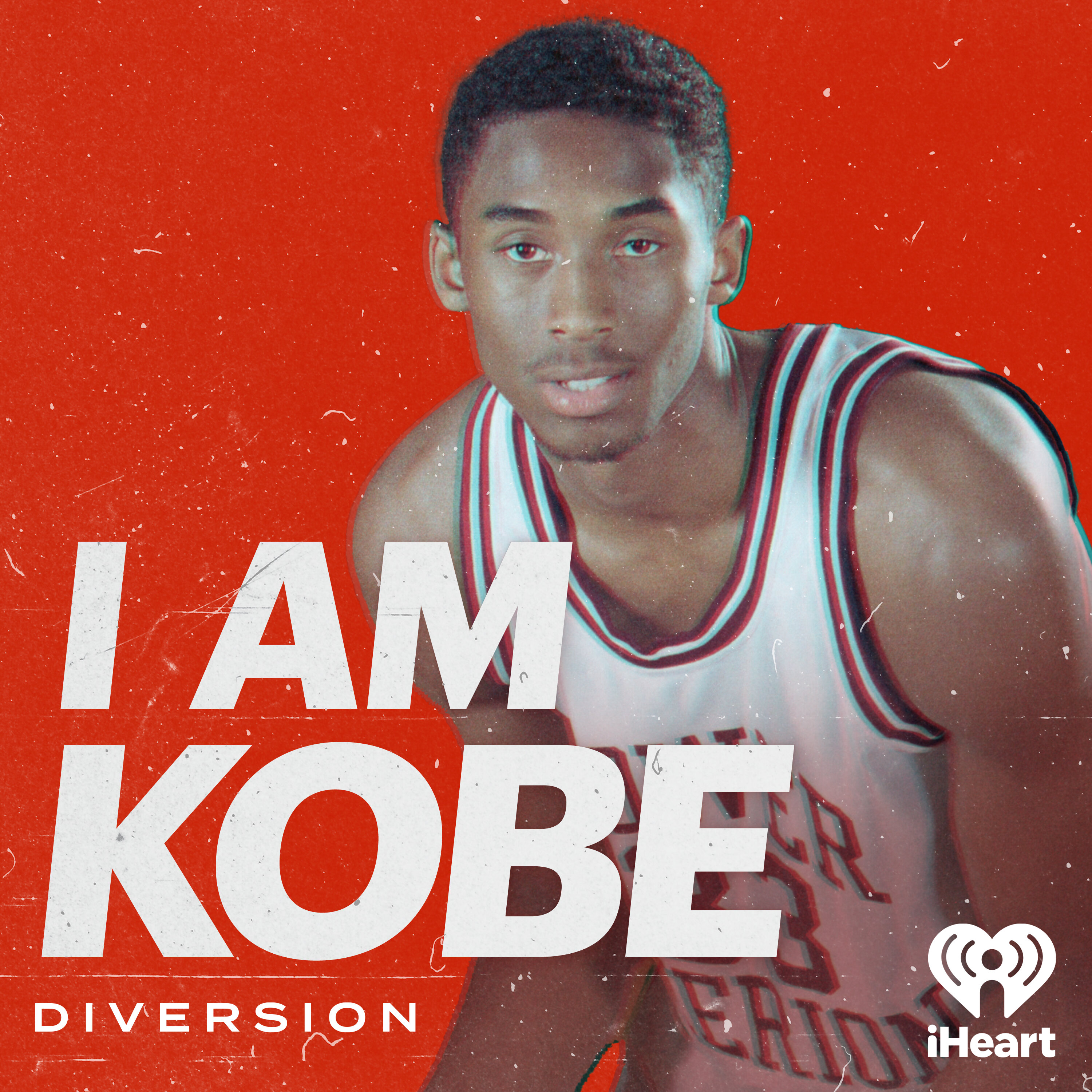
I Am Kobe
iHeartPodcasts and Diversion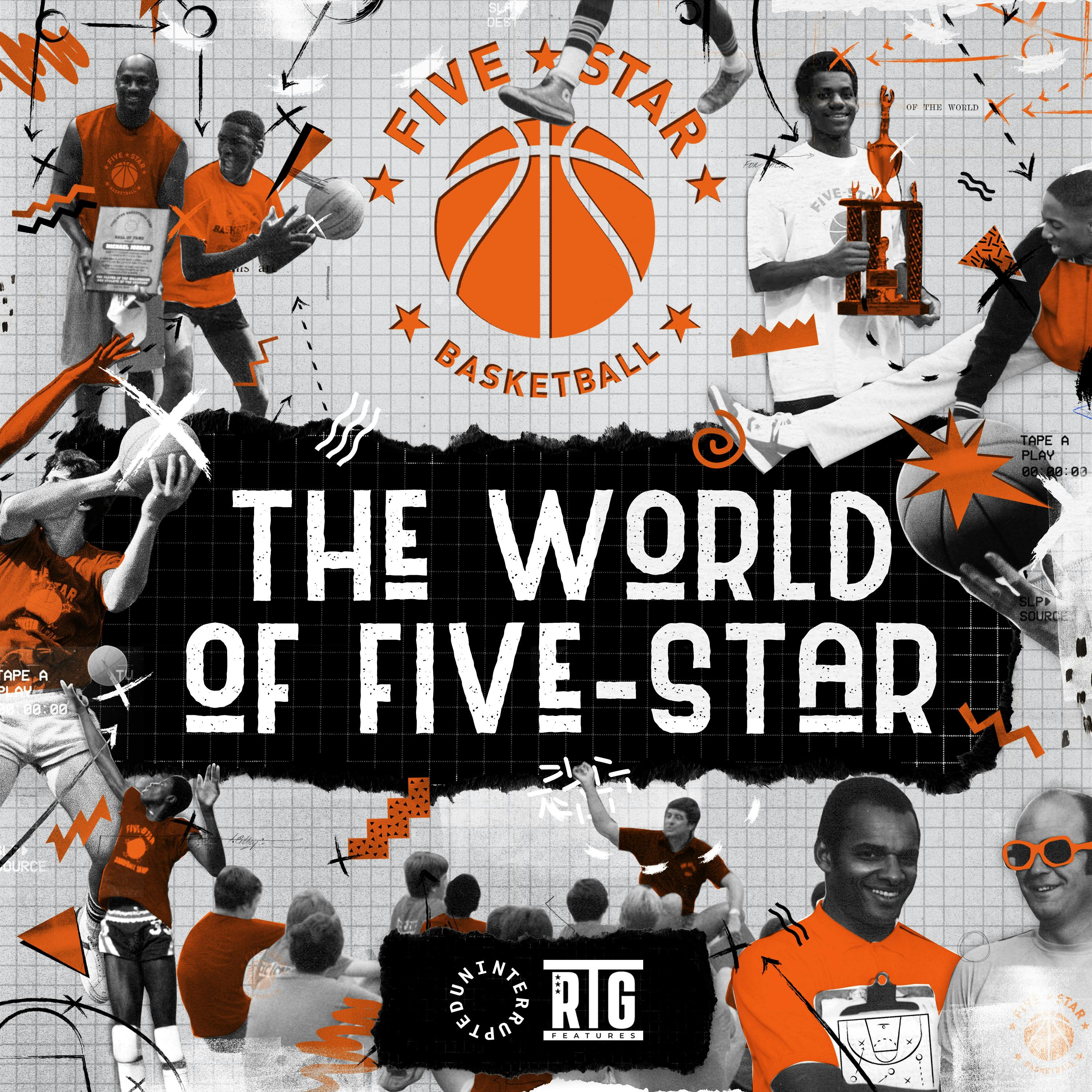
The World of Five-Star
UNINTERRUPTED x RTG Features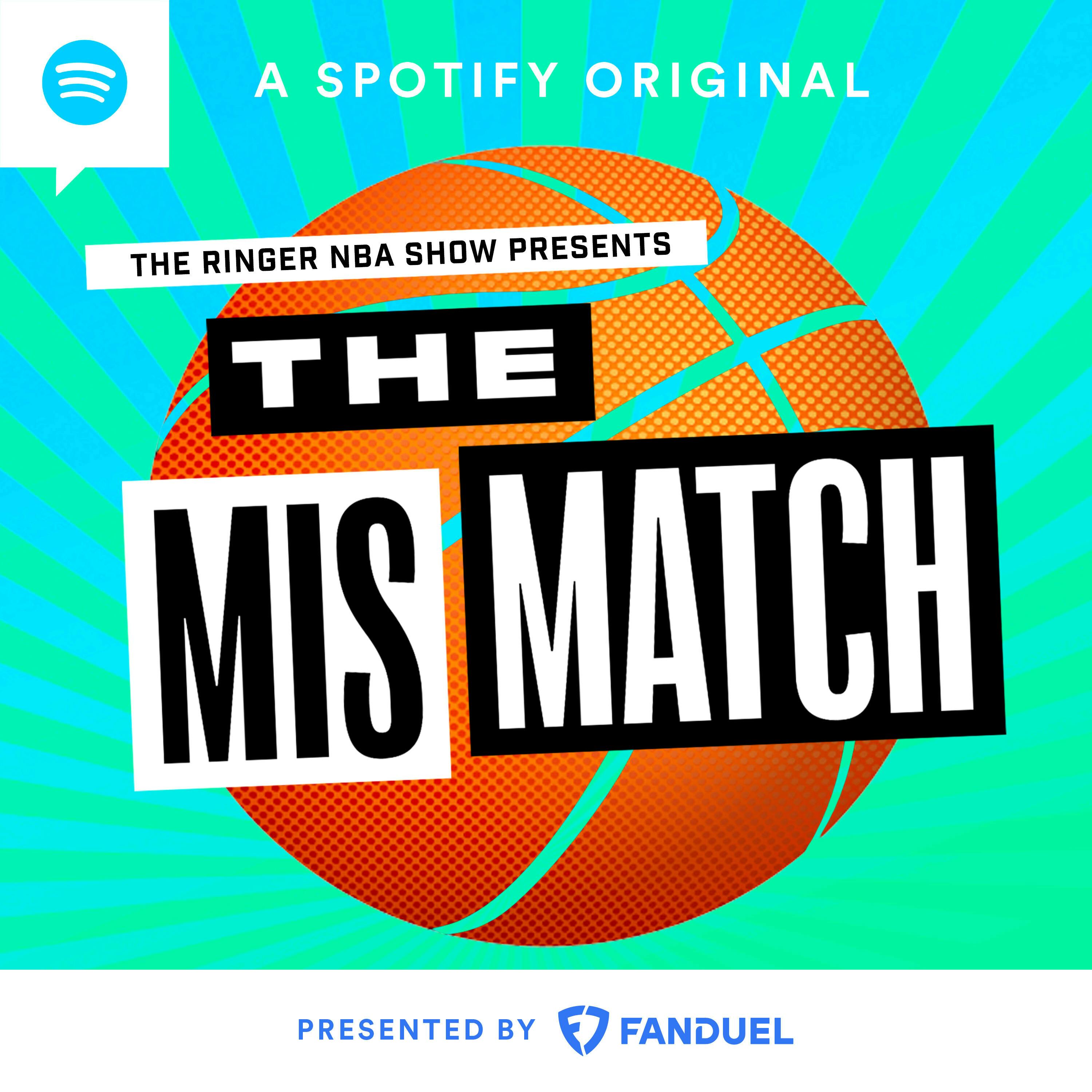
The Mismatch
The Ringer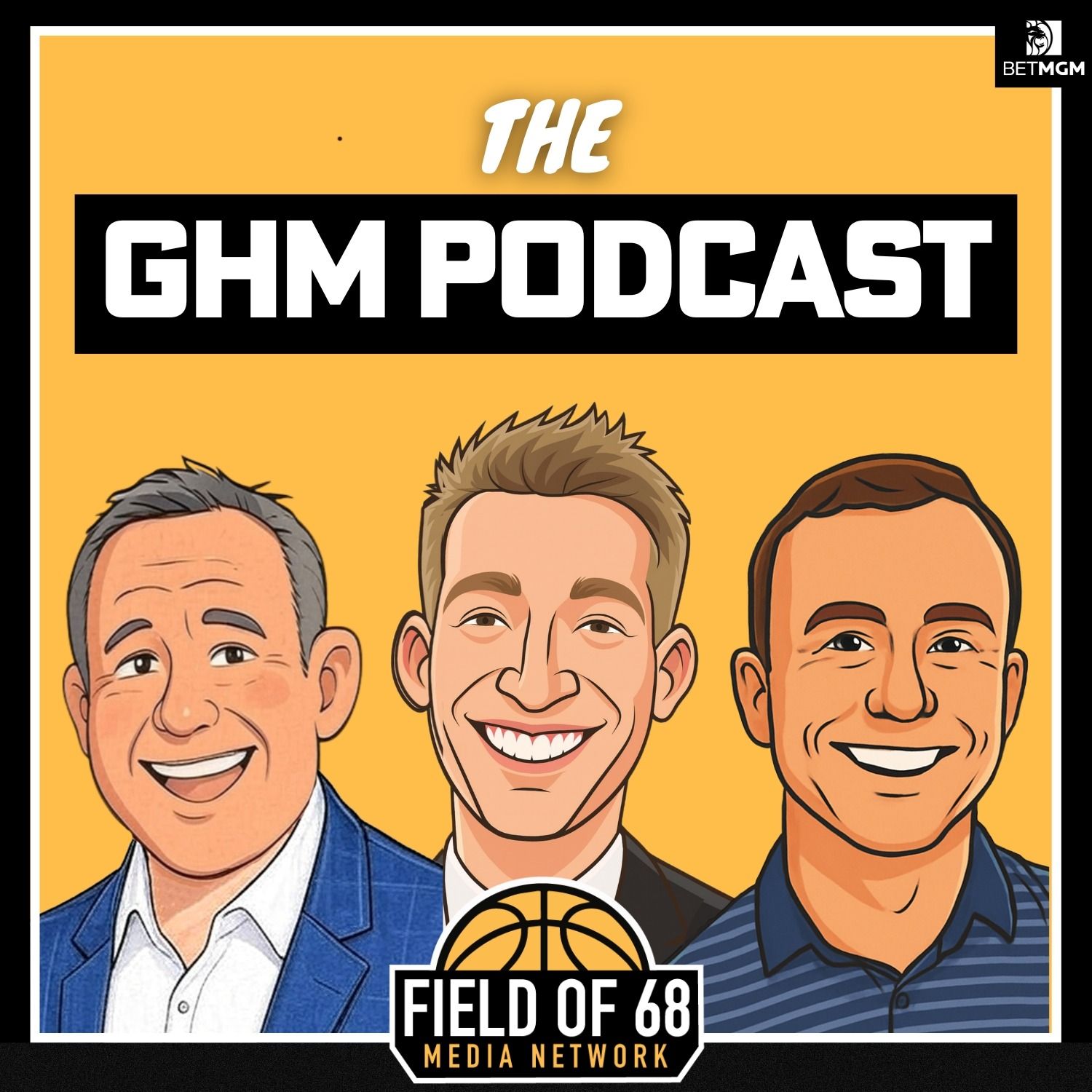
The Goodman, Hummel & McCall Podcast
The Field of 68, Blue Wire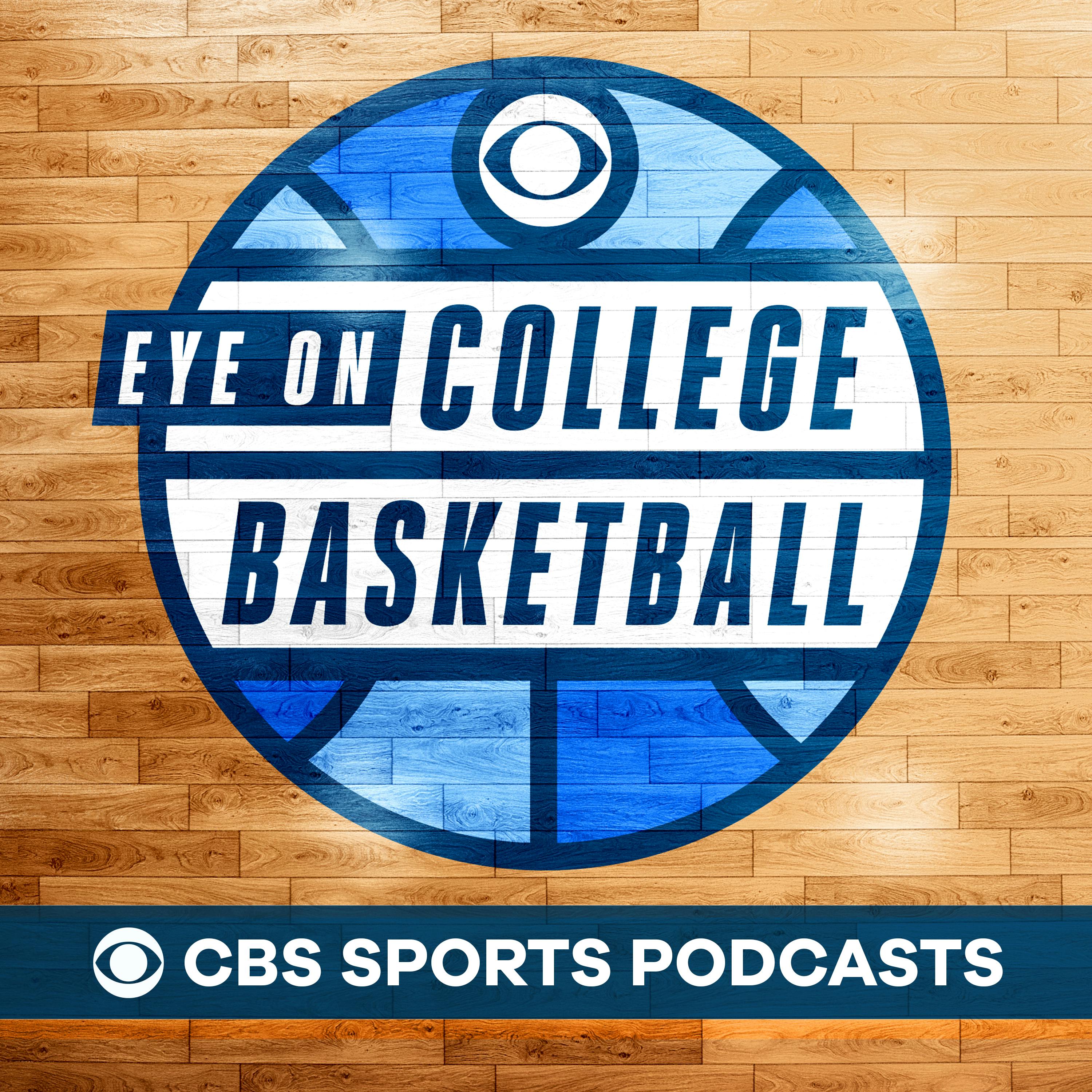
Eye On College Basketball
CBS Sports, College Basketball, Basketball, March Madness, NCAA Tournament, NBA Draft
Cookies: A Basketball Podcast
COOKIES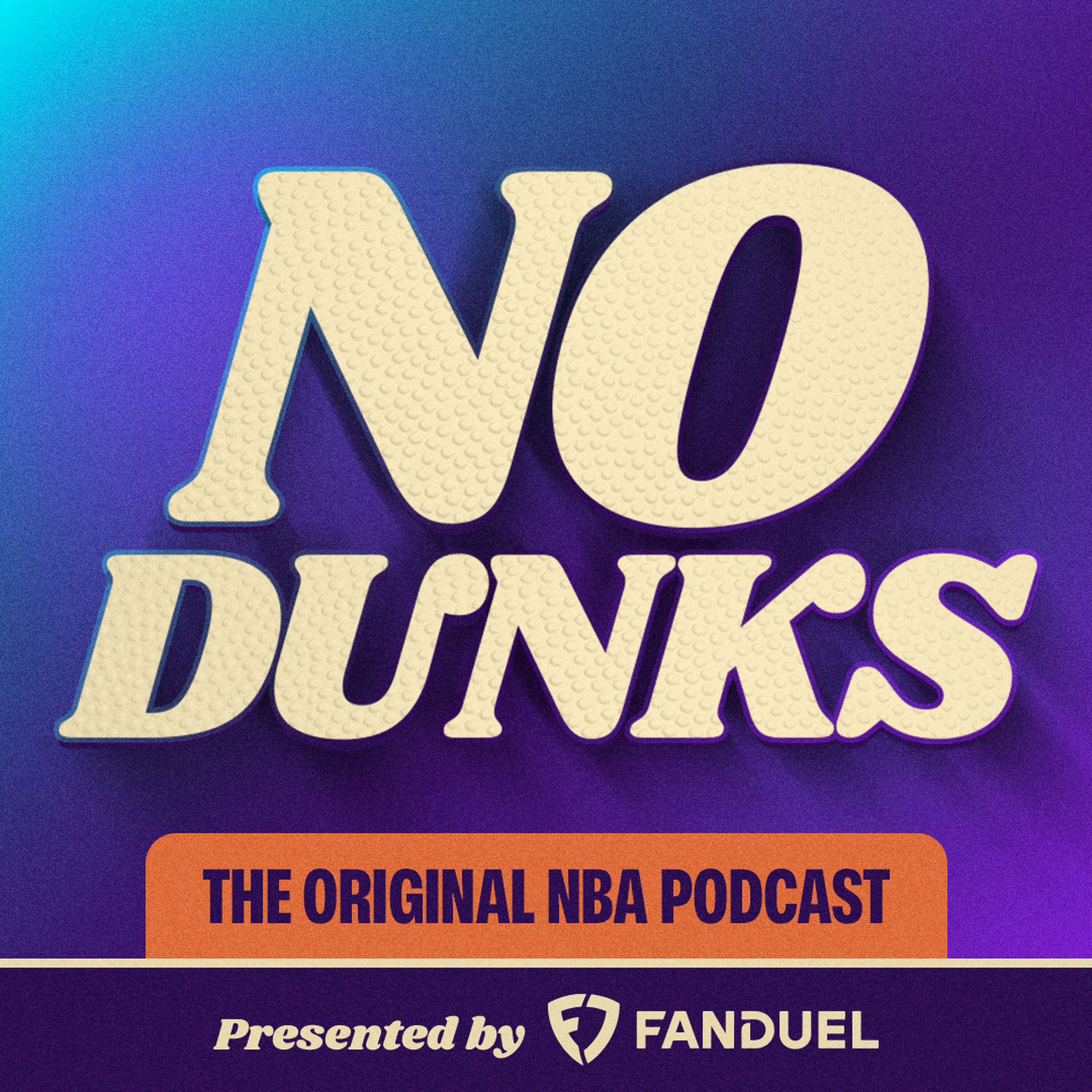
No Dunks
iHeartPodcasts
Run It Back
Truth + Media
Death at the Wing
Hyperobject Industries / Sony Music Entertainment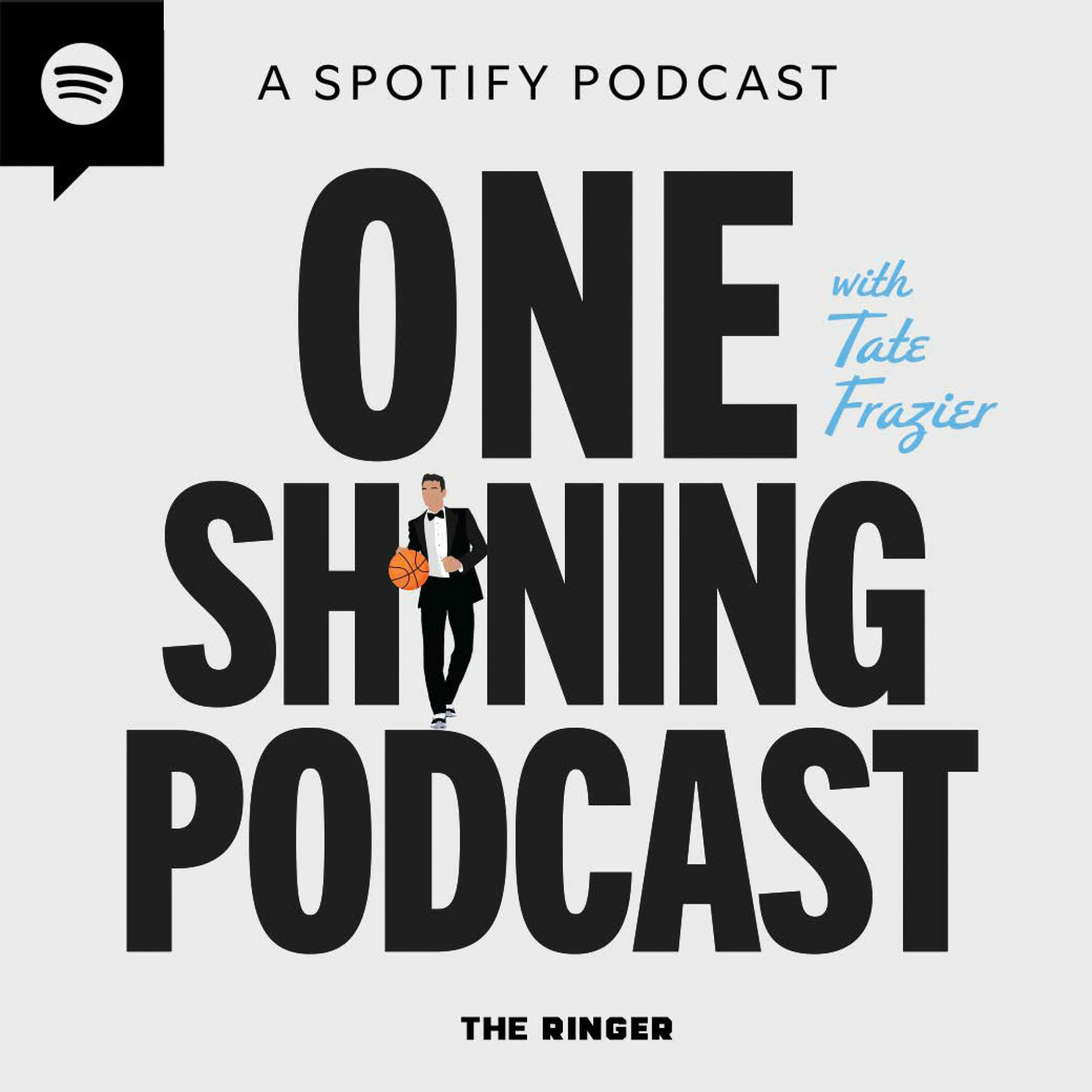
One Shining Podcast with Tate Frazier
The Ringer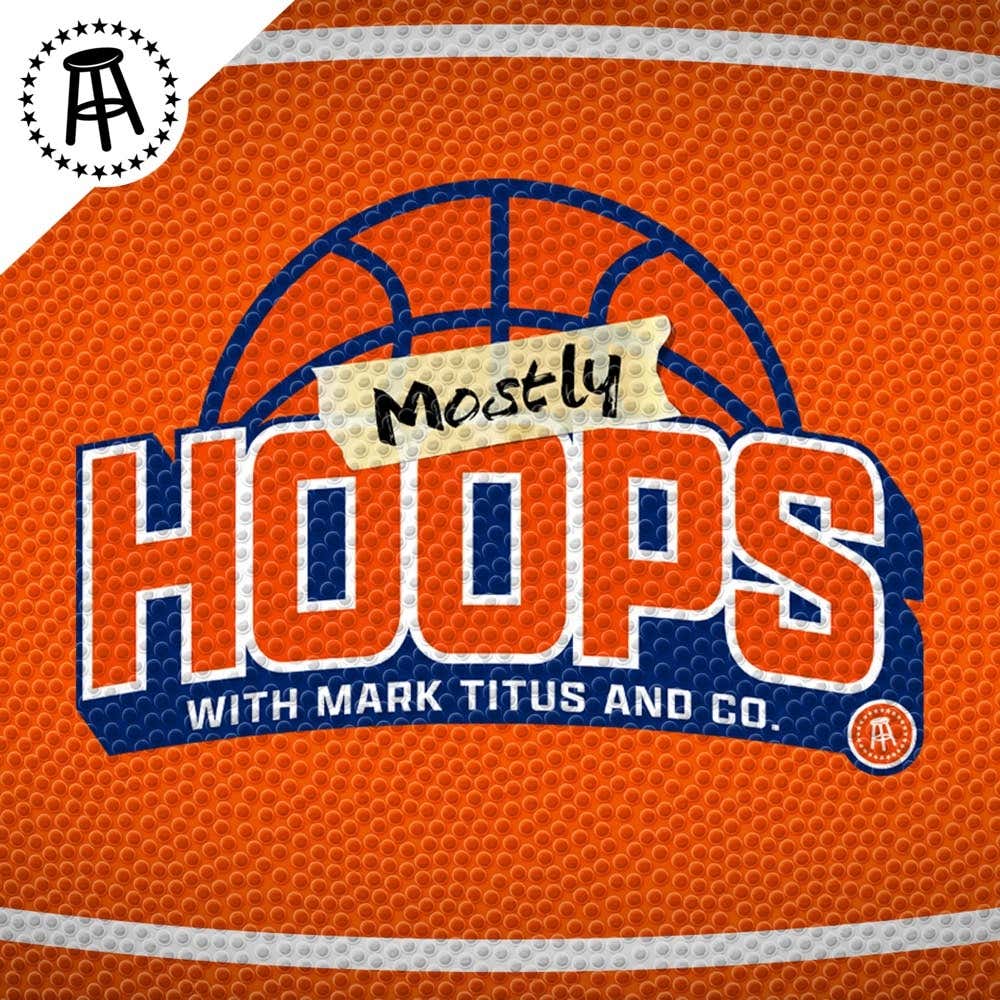
Mostly Hoops with Mark Titus and Co.
Barstool Sports
The Old Man and the Three
ThreeFourTwo Productions | Wondery
Three Man Weave: College Basketball Podcast
Three Man Weave: College Basketball Podcast